What to Do After the Shahadatayn: Ghusl, Wudu, and Tayammum
After pronouncing the Shahadatayn, it is from the Sunnah that a person takes a complete bath (ghusl) with pure water and then perform a two-unit prayer.
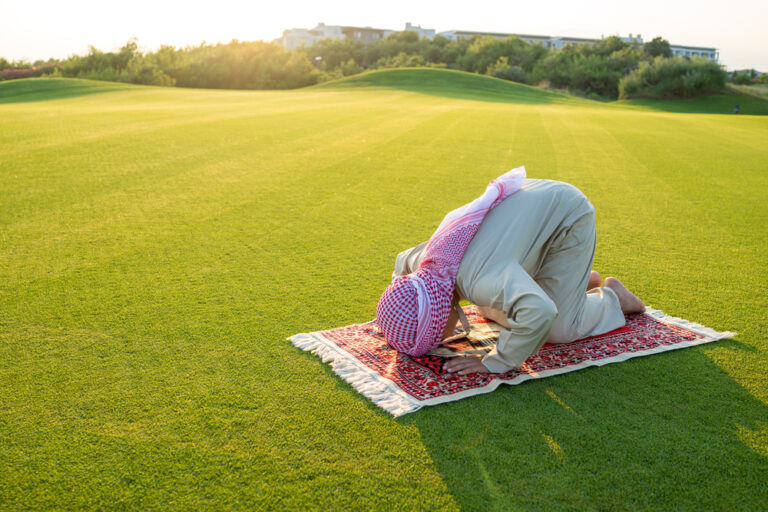
After pronouncing the Shahadatayn, it is from the Sunnah that a person takes a complete bath (ghusl) with pure water and then perform a two-unit prayer.
What is the ruling if a person does not intend to perform ablution during the optional ritual bath of Friday?
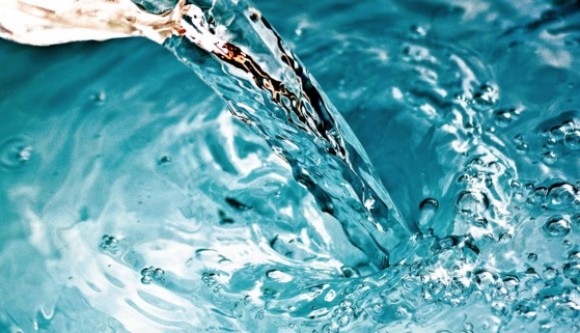
What is meant by ghusl? What are the cases that necessitates ritual bath? When is ablution required? What is meant by wet dream?
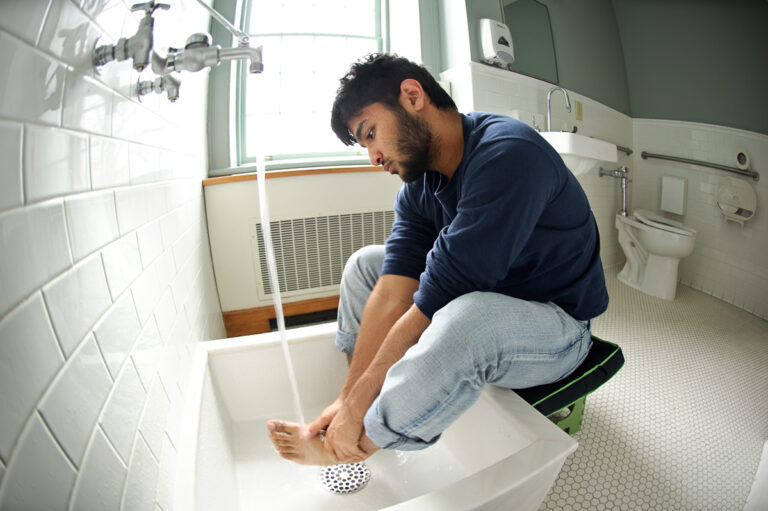
What is the ruling of bleeding while being in a state of taharah (ritual purification)? Does it nullify ablution? Watch to get the answer.
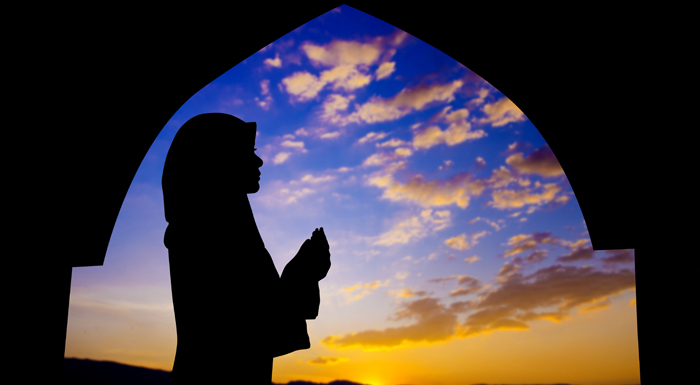
Is there a specific period for the menstruation period? Does the irregular bleeding excuse women from praying or fasting? What is the difference between irregular bleeding (istihadhah) and menstruation (haidh)?
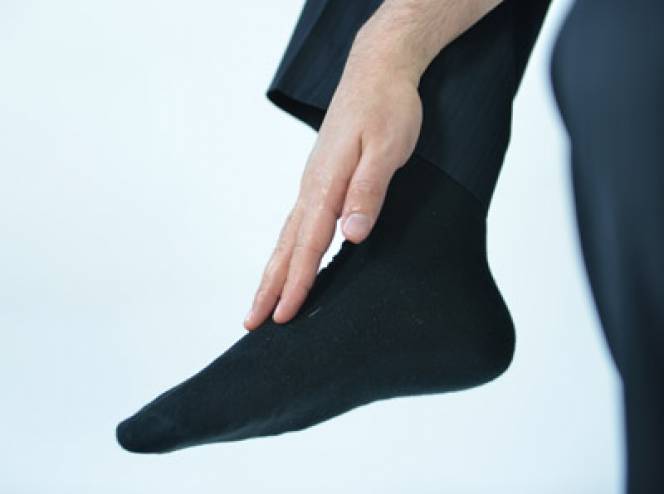
How could one wipe over the socks? What is the evidence of wiping over socks? What is the period of wiping over socks?

What is the ruling of washing the dead body of one’s husband? Is the dead body of one’s mother still `awrah?
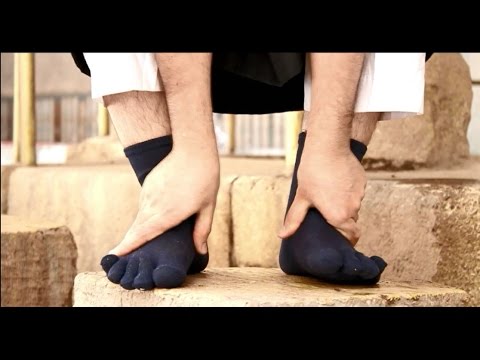
How could one wipe over the socks? Is it better to wipe over socks or taking them off to wash the feet?
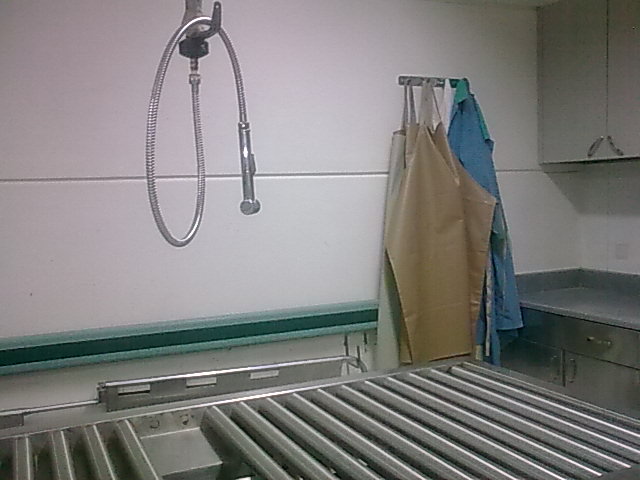
What are the virtues of washing the deceased Muslim? Is it permissible for a husband to wash his wife’ body?
Does taking a shower count for wudu’ (ablution)? What is the importance of intention in such case? Watch to get the answer.